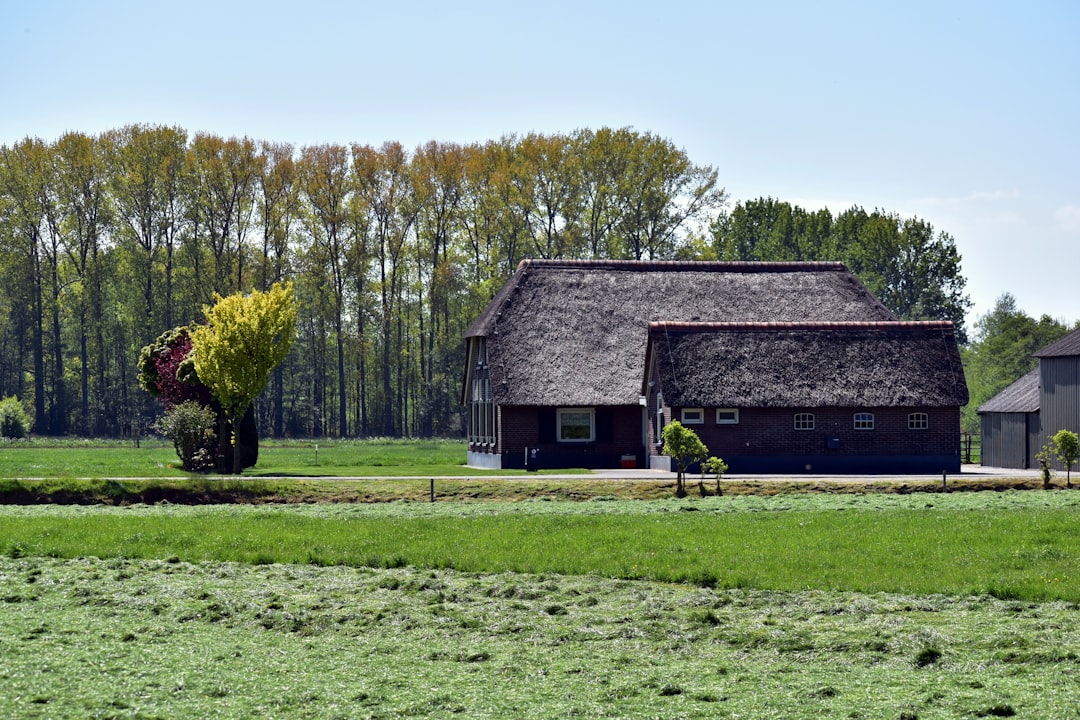Historically, humans started settling with the advent of agriculture. Agriculture gave birth to small villages. Each person built a home on the corners of the lands that they cultivated. While there are records of large ancient cities such as in Mesopotamia, most individuals lived in small villages and tenements.

In such clusters, there was a limited number of mates that one could find and hence it was normal for consanguine marriages to take place. Marriage between individuals who were one or two degrees of separation was not uncommon. Cousins getting married or a man marrying his wife’s sister if his wife died was normal. This also enabled the family ties to be maintained and for property and wealth to remain within the same family.
The same would be true for political reasons as well. Imagine two tribes that forged a bond a marriage to court peace. If the woman died during childbirth, effectively the two tribes would no longer be connected. One of the ways to preserve that bond would be to marry again with say the sister of the bride. Such practices used to be quite prevalent.
Religion needs money and in such a society, the only patron that religion can find is the king of the land.
One of the ways of raising money was from commoners. With families being tightly knit together, it was not possible to eke out money since the future generations would protest against such giving.
Splitting the family was a great way to overcome the problem. What if the young in the family were not engaged in the same work that the elders were?
The Arabs had their laws and the Arabic word for law is kanoon / quanoon. The Catholic Church borrowed it and created the Canon Laws.
The Canon laws made incest illegal and it also made it illegal for one to marry into the family that one had already married into. If you married a woman, her sister, mother, etc were forbidden. Hence the term mother-in-law or sister-in-law. She was not your mother but treated as such as per Canon law.
Eventually, this expanded to include cousins who were up to six degrees separated from you. In a small settlement, almost everyone would be related to everyone, forcing them to leave.
This also resulted in the invention of cities. In your village, you had land that you could live off. When you moved away you needed skills that you could sell to others. Cities were places where people from all over brought their goods and skills and sold them. It also provided a means of finding a mate who was not related to you.
And what about the elders who were left behind?
One went to the house of god to seek absolution. But in the 16th century, the church offered another way to reduce the amount of punishment one had to suffer for their sins. Indulgences could be bought from the church. Old men on their deathbeds whose children had left for other cities would be convinced to hand over their lands to seek forgiveness.
Consequentially, the church owned 75% of Europe a century later.

